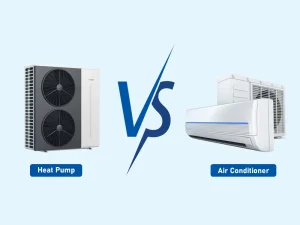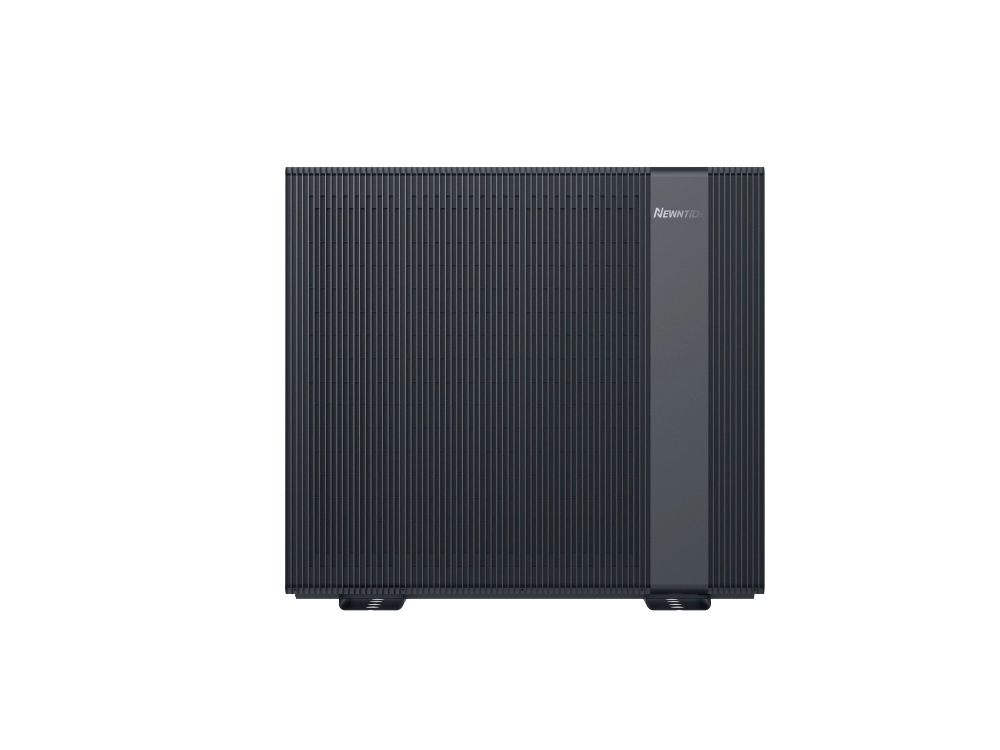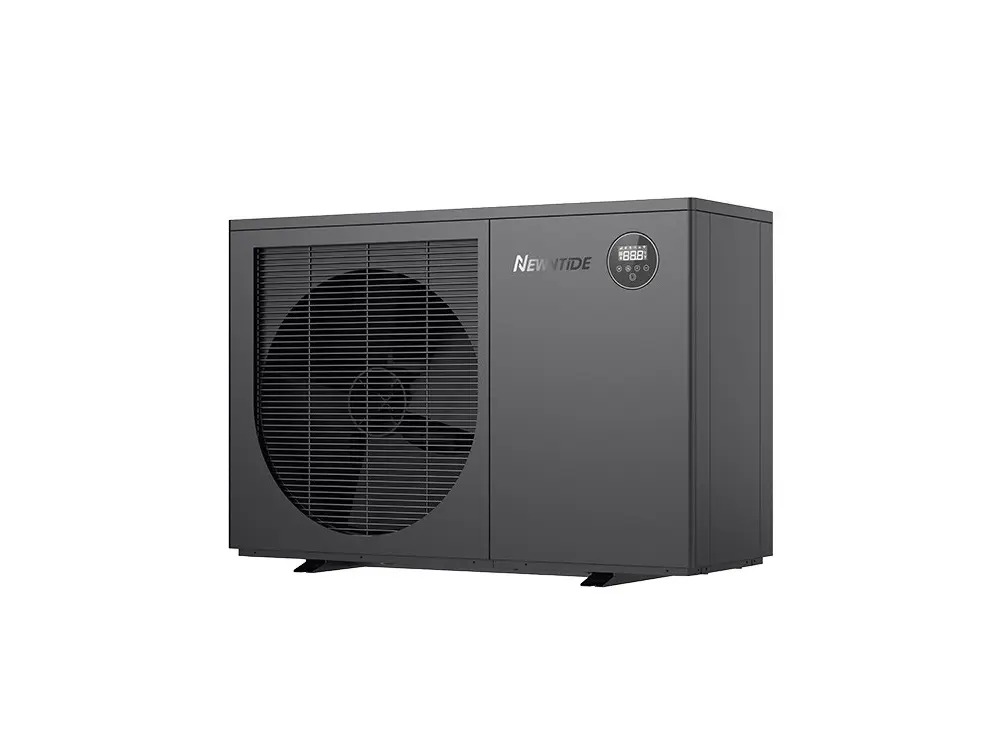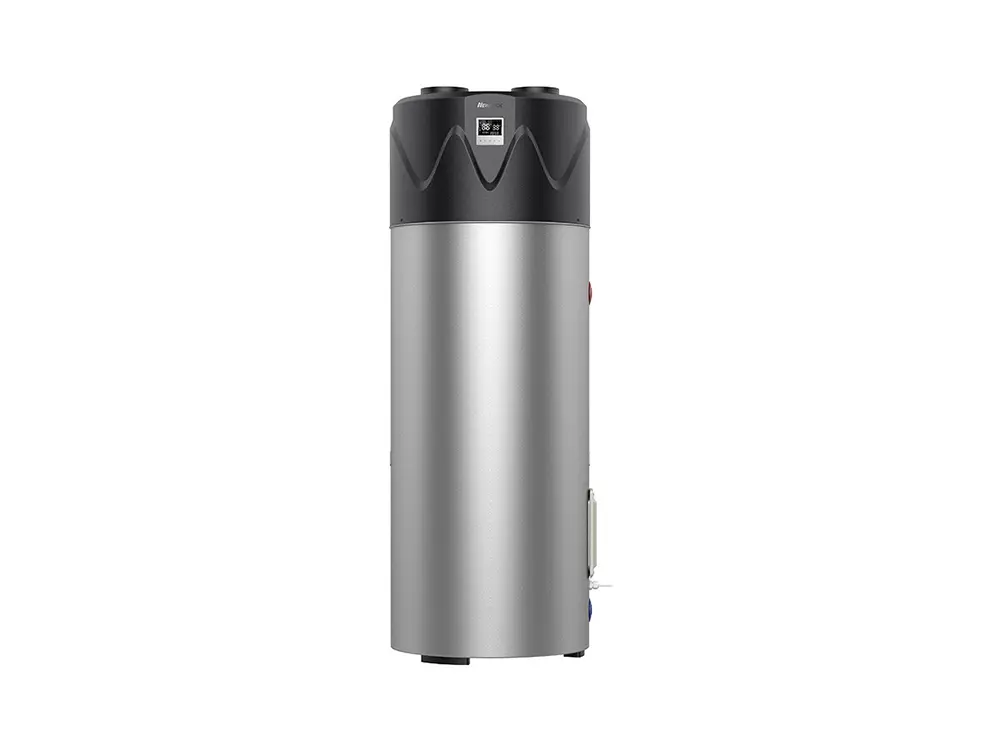
Introduction
Are you thinking of installing or upgrading to a new home HVAC system? Then, most likely, you’ll come across two options, i.e., heat pumps and air conditioners. Selecting one of these systems relies on varied factors. These include costs, efficiency, and household requirements.
Here, we’ll look at the workings of a heat pump and an air conditioner. We’ll also examine the noteworthy differences between these two prevalent HVAC systems.
Lastly, we’ll provide valuable advice on which is better: heat pumps or air conditioners. Finally, we’ll answer common and often-asked inquiries about them.
What Are Heat Pumps?
A heat pump is a versatile and central HVAC system. It transports heat from one location to another rather than generating it.
This HVAC system can commonly be called an air-to-water heat pump. It provides the following functions:
- It warms up your home
- It gives provision of hot water to your household
- It can further work in reverse to provide cooling on hot days
A heat pump, in essence, is powered by electricity. It’s a comprehensive solution compared to traditional systems like furnaces. Distinct from furnaces, heat pumps don’t burn fossil fuels. Thus, they provide environmentally friendly heating, cooling, and hot water.
Besides air-to-water heat pumps, you can also select from other heat pump types:
- Ground-source heat pump: Uses heat from the ground to cool and heat homes and buildings
- Water-source heat pump: Relies on a nearby water body like a lake to source heat
Working
In colder months, air-to-water heat pumps take in heat from the outside. It then carries it over the refrigerant. This hot refrigerant then proceeds through a heat exchanger.
Here, the heat energy is transported to water and then goes through different emitters like:
- Radiators
- Underfloor heating
- Hot water tank
- Fan coil units
It implies that such a system can heat your living space. It can further provide a hot water supply to your household.
Note that many modern (but not all) air-to-water heat pumps can provide cooling. Thus, they can reverse the entire heat transfer process as described above.
It also depends on what emitter the heat pump connects to. Some emitters only have heating functions like radiators. Meanwhile, other emitters, such as fan coil units, are applicable for cooling and heating.
What Is Air Conditioning?
Air conditioning is an HVAC system abbreviated as an AC or air-con. It both heats and cools your household.
This HVAC system is commonly known as an air conditioner. Technically, it’s also categorized as an air-to-air heat pump.
Generally, an air conditioner comprises an outdoor unit installed on your property’s exterior. It connects to one or more of your indoor units.
Working
In hot weather, the workings of an AC are comparable to those of a refrigerator. It implies that the air conditioner is working in cooling mode. It cools air in an enclosed area and then emits the heat to the exterior.
Briefly, the warm internal air flows over the cold heat exchanger in the indoor unit. Here, the refrigerant takes in the heat and eventually passes through the compressor. It then rejects the heat energy towards the outdoor air. It’s made possible via a heat exchanger located in the outdoor unit.
This refrigeration cycle repeats as long as the AC operates in cooling mode. The air conditioner can also operate in reverse (in heating mode). In this mode, it takes in heat from the cold outside air. It then brings it indoors to warm up your living space.
It does this by changing and reversing the direction of the refrigerant flow. It’s made possible via a reversing valve.
Difference Between Heat Pumps vs Air Conditioners
Doubtlessly, a heat pump and an air conditioner are among the most prevalent household HVAC systems. There are some crucial aspects through which both systems can differ. These are:
| Factor | Heat Pump | Air Conditioner |
| Cost | Higher upfront costs (around £8,750 and £14,050) | Lower upfront costs (between £2,400 and £8,800) |
| Energy Efficiency | Commonly most energy-efficient | Commonly more energy-efficient |
| Longevity | Can last around 15-20 years with a well-maintained unit enduring for 25 years | Can last around 15-20 years (dependent on maintenance and upkeep) |
Let’s examine the differences between the two prominent HVAC systems in more detail.
Costs
As you see, an air conditioner necessitates smaller upfront costs than a heat pump.
Moreover, air conditioning systems are typically meant to heat and cool a single room. Their installation is more straightforward and requires fewer materials and labor costs. Conversely, air-to-water heat pumps require a more complex installation and more expenses.
On average, ACs or air-to-air heat pumps cost between £2,400 and £8,800. It’s dependent on their complexity and system size.
The price ranges between £8,750 and £14,050 for an air-to-water heat pump. Several factors, like property size, affect the installation expenses of this HVAC system.
Energy Efficiency
Both modern air conditioners and heat pumps are energy-efficient HVAC systems. They significantly reduce environmental impact and provide savings on energy bills.
Air conditioning systems can run on as low as 20% electricity. Meanwhile, the rest comes from the air. You can see that air is an ultimate source of renewable energy.
This ratio can be 30% electricity and 70% air (a renewable resource) for heat pumps. Thus, for each kW (kilowatt) of electricity used, the system makes 3-4 kW of renewable heat from the air.
However, a heat pump can typically be considered more energy efficient. It’s because such a system is a more comprehensive solution. It’s also because it covers the entire home, especially when paired with radiators or underfloor heating. Thus, it’s broadly dependent on your requirements and climatic conditions.
Selecting ACs and heat pumps with an A+++ energy efficiency rating is best. Differing models of these HVAC systems are available. Models with an A+++ rating are classified as the highest to D (the lowest) for energy efficiency.
Longevity
On average, modern air conditioners and heat pumps have roughly 15-20 years of lifespan. Yet this will depend on how well you maintain your AC or heat pump unit. Heat pumps can last even 25 years with correct maintenance and proper repairs.
Moreover, a heat pump has the advantage of being a more substantial long-term solution. It’s because it can manage your household temperature necessities. It’s done by provision of hot water, cooling, and heating whenever needed.
Heat pumps typically perform better in lower temperatures during harsh winters over the long term. Their design and technical capabilities facilitate their performance.
Heat Pump vs. Air Conditioner: Which Is Ideal for You?
Picking between a heat pump and an air conditioner relies on certain fundamental factors. Reflect on each factor before making the best decision. These include:
1. Your heating and cooling requirements
Air conditioning systems meet both heating and cooling requirements. It aids in maintaining a comfortable indoor climate all through the year.
On the contrary, this can be an advantage over a heat pump. It’s because air-to-water heat pumps typically provide heating and hot water. Not all of these heat pumps have a reverse cooling function. Yet those with this function become an all-in-one package for heating, cooling, and hot water.
2. Air filtration and purification features
Besides cooling and heating, modern air conditioners also dehumidify, filter, and deodorize the air. It enhances air quality. You may live in a region with heightened pollution levels. Or you may be susceptible to health conditions like asthma and allergies. Then ACs are an ideal choice.
Thus, air conditioners provide a more comfortable, healthier environment with accurate temperature control. In contrast, not all heat pumps may have these air filtration and purification features.
3. Budget
As stated before, air conditioners are generally more economical as opposed to heat pumps. Yet, this depends on the specific model, size, manufacturer, and capacity. Reflect on your budget before opting for an air conditioner or a heat pump.
4. Complexity of installation
An air conditioning system’s installation is a lot more straightforward. For this, you only necessitate three things:
- Indoor unit
- Outdoor unit
- Your remote or app
In contrast, installing an air-to-water heat pump can be time-consuming. It often requires noteworthy modifications to your household’s present infrastructure. Furthermore, such systems are more complex and need additional components, like a water-based distribution system.
5. Energy efficiency aims
You see, modern air conditioners and heat pumps can both be considered energy efficient. When considering hot water needs, a heat pump is principally more energy-efficient.
Yet air conditioners are not far behind in terms of efficiency for cooling and heating. It’s especially true in regions with moderate climates.
6. Living space area
Before choosing an air conditioner or heat pump, consider your living space area requirement. An AC is the best choice for cooling and heating in a single room.
You may have a large household. Or you need to cover your entire home heating, hot water, and optional cooling needs. Therefore, a heat pump is ideal since it’s designed to meet these needs.
FAQs
Which is a better choice, a heat pump or an air conditioner?
A heat pump can be considered “better” than an air conditioner. A heat pump is designed to fulfill a home’s complete hot water, heating, and cooling requirements. Conversely, an AC is an effectual cooling and heating solution, typically intended for a single room.
That makes a heat pump a more versatile selection. It’s mainly in regions that have moderate climates. It can help lessen dependency on conventional fossil-fuel-based cooling and heating systems.
Can a heat pump replace an air conditioner?
A heat pump can surely replace an air conditioner, which is worth the investment. A heat pump heats homes and provides hot water. On top of that, it can also offer cooling during hot summer months. Air conditioners can also provide cooling and heating but lack providing hot water.
With a heat pump, you can get returns on initial investment through long-term energy savings. You also get year-round comfort with this versatile HVAC system to meet your home needs.
Is a heat pump more cost-effective?
A heat pump is principally more cost-effective than conventional HVAC systems.
You know such a system can have higher installation costs than an AC. Yet, it could be a worthwhile choice in the long run for potential long-term savings. It can also offset the initial investment expenditure of the heat pump installation. Yet factors like heat pump maintenance and your requirements can play a role here.
Conclusion
It’s hoped you have gained worthwhile insights about a heat pump vs. an air conditioner. Moreover, you learned about the essential workings of these HVAC systems and which is better.
To select one, be mindful of factors like:
- Your heating and cooling requirements
- Air filtration and purification features
- Budget
- Complexity of installation
- Energy efficiency aims
- Living space area
Keeping them in view, you can wisely decide what HVAC system to opt for.



